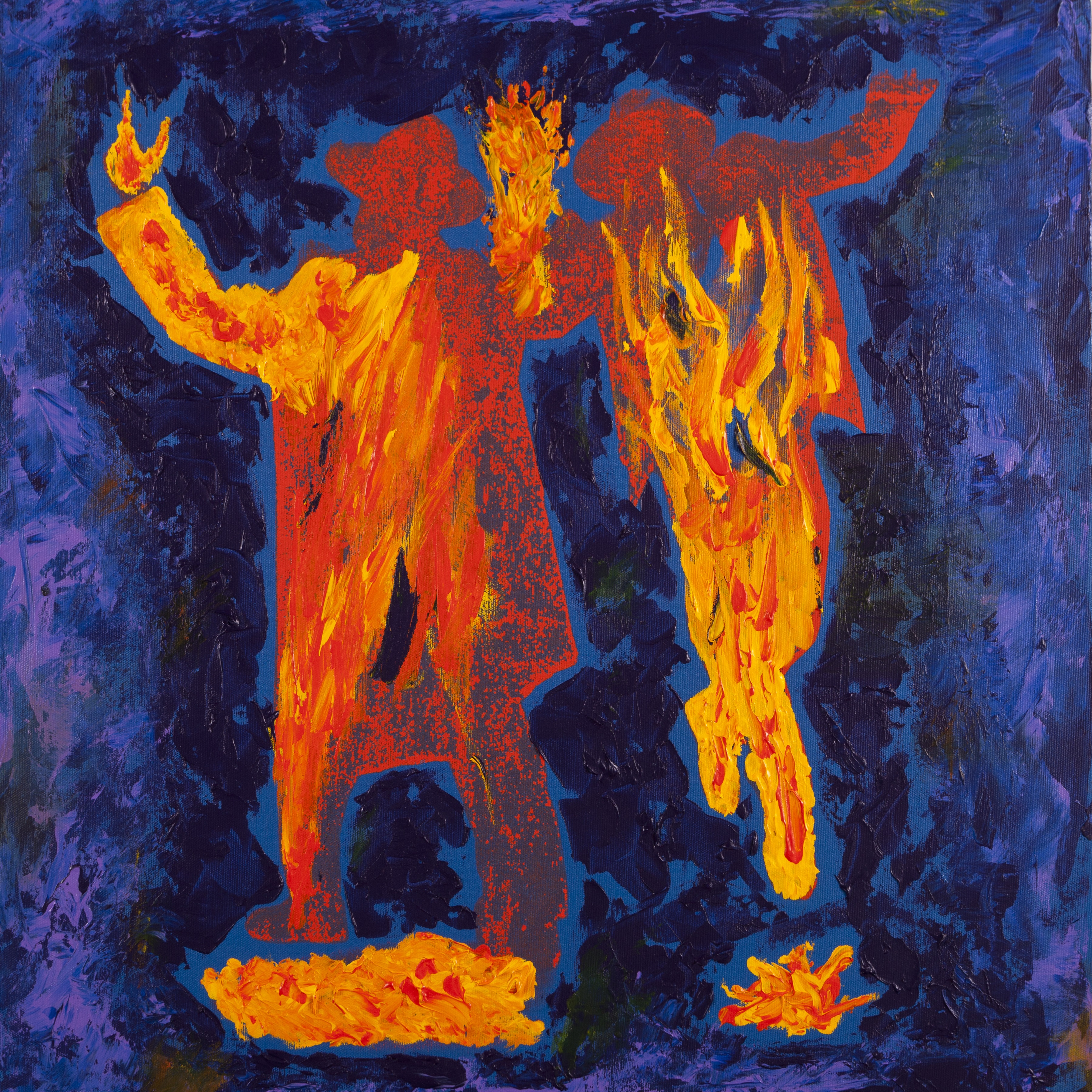in anticipation of the May 6, 2018 performance at Ansche Chesed
“My father, an enlightened spirit, believed in man.
My grandfather, a fervent Hasid, believed in God.
The one taught me to speak, the other to sing.”
Elie Wiesel, Souls on Fire
These striking opening words of the Nobel Laureate’s 1972 book capture the unique quality of his storytelling that both stands powerfully on its own, and lends itself naturally to a musical interpretation. One of the very few works by Elie Wiesel set to music, the oratorio Souls on Fire truly speaks and sings directly to the heart.
The musical incarnation of Elie Wiesel’s book, created by composer Charles Osborne and librettist Aryeh Finklestein, is, in many ways, a typical representation of an oratorio. It is a large musical composition inspired by a narrative centered on a religious theme, and written for choir, soloists, ensembles, and orchestra (our Sunday performance will feature a chamber version of the score with piano and string quartet). Unlike a typical oratorio, it also includes a prominent storytelling part, channeling the voice of Elie Wiesel in the first person, as it appears in the book.
Wiesel allows us an intimate look at each Hasidic Master’s life and work. These seven towering figures, from the Baal Shem Tov to Menachem Mendl of Kotzk, share with us their insights and wisdom, joy and light, mystical revelations and piercing prophecies, without hiding their darker sides of depression, anger, or jealousy. Osborne’s musical language fluidly follows and deepens these emotional contrasts. One can hear the melding of words and music in the glorious sounds of the choir celebrating the joy of brethren who dwell together in harmony, Hinei Ma Tov, and in the pain and anger in the voice Rebbe Levi Yitzhak of Berditchev’s famous demand of apology from the Creator of the world. The howling winter snowstorm in the masterfully written string section, and the lone, haunting female voice that asserts Ani Ma’amin, I Believe in God – even in the face of utter despair – bring a dimension to the words as only the music can.
What I find fascinating is that for Wiesel, music was often a starting point of the creative process. He once told a reporter, “Music is my life. When I write I need music, and a very special kind. It must not be symphonic because I cannot concentrate with symphonic music, but chamber music or choral music, requiems, which are my favorite musical compositions.” Wiesel remained so inextricably connected to the language of music that he often began his talks to various audiences with a niggun. I will always treasure the memory of learning a particularly powerful setting of Ani Ma’amin from his childhood home of Sighet that Elie Wiesel taught at the North American Jewish Choral Festival a few years ago.
The shadow of the Shoah remained another powerful constant in Wiesel’s writing, constantly lending the urgency to his message of “never forget” to the Jewish community and beyond; the message that inspired President Obama to call Wiesel “the conscience of the world.” And yet, while the Holocaust becomes a prism through which we catch the glimpses of the Hasidic world in Souls, Wiesel’s writing never takes on a didactic or pompous tone, allowing for moments of humor and levity in the portraits of his revered subjects. Thus, Wiesel reveals to us the more dramatic antics of our Eastern European ancestors – his Rebbes are known to pound their fists on the table in anger and wrath, or to howl and jump from one corner of the room to the other; they plunge into despair, hide in the woods for self-flagellation, or even dance wildly through the marketplace!
As The New York Times Book Review wrote, “The judgment has been offered before: Elie Wiesel is one of the great writers of this generation. Wiesel does not merely tell us, but draws, with the hand of a master, the portraits of the leaders of the movement that created a revolution in the Jewish world. Souls on Fire is a loving, personal affirmation of Judaism, written with words and with silence.”
Thanks to the work of composer Charles Osborne, celebrated by critics as “stunning, impassioned and beautifully conceived,” we can now experience Souls in words, silence, and music.





